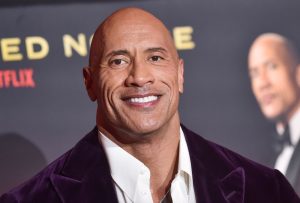Copyright © Everyday Narrative 2024. All rights reserved.
The World’s Longest-Serving Politicians
In the panorama of global politics, the recent unopposed election victory of Russian President Vladimir Putin marks another chapter in the story of long-serving leaders. This phenomenon, where political figures hold onto power for decades, offers a window into the dynamics of governance, democracy, and power consolidation in different parts of the world.
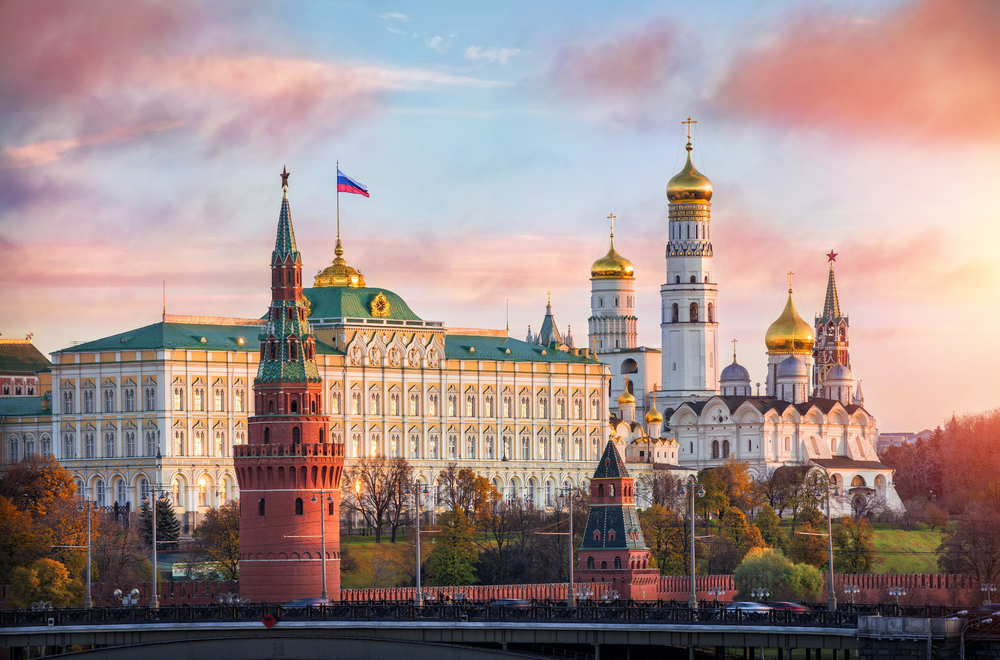
Russian President Vladimir Putin has once again emerged victorious, securing another term that promises to extend his tenure well into the third decade. This victory, achieved in a meticulously managed electoral environment where credible opposition was conspicuously absent, underscores a broader global pattern of enduring political leadership. Putin’s reign, already historic, is poised to match and potentially surpass some of the longest in modern history.
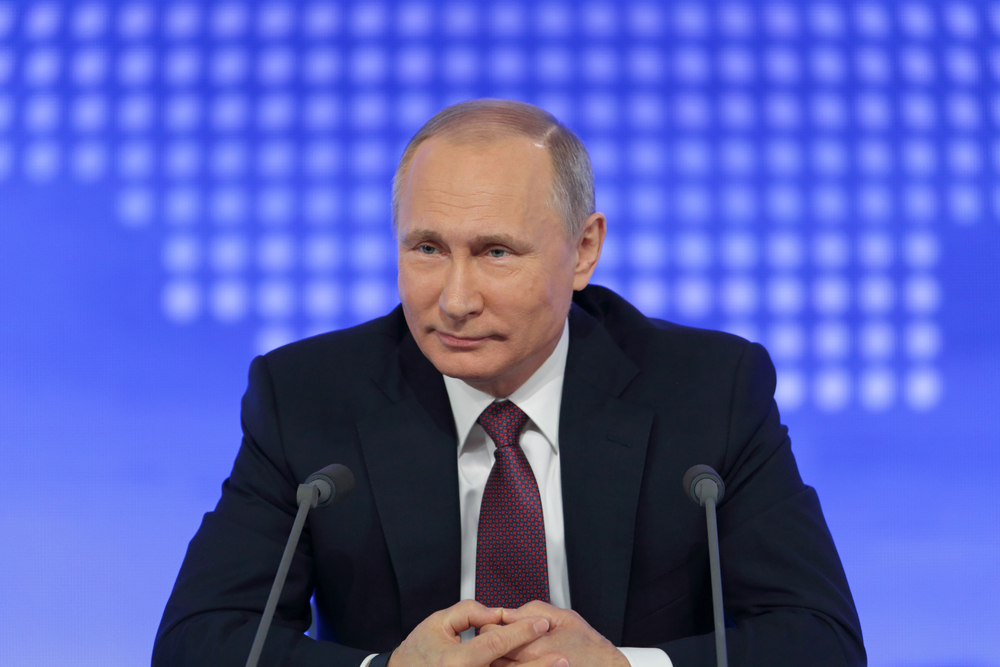
This article delves into the phenomenon of long-serving politicians, exploring the tenure of notable leaders who have left indelible marks on their countries and the world stage.
The Architect of Modern Russia: Vladimir Putin
Having ascended to power at the turn of the millennium, Vladimir Putin has become synonymous with modern Russia. Under his leadership, Russia has reasserted its position on the global stage, albeit amid growing concerns about governance, democracy, and human rights. Putin’s latest electoral win, while expected, serves as a testament to his unyielding grip on Russian politics. With each term, Putin moves closer to becoming Russia’s longest-serving leader since Joseph Stalin, underscoring his enduring influence over the nation’s trajectory.
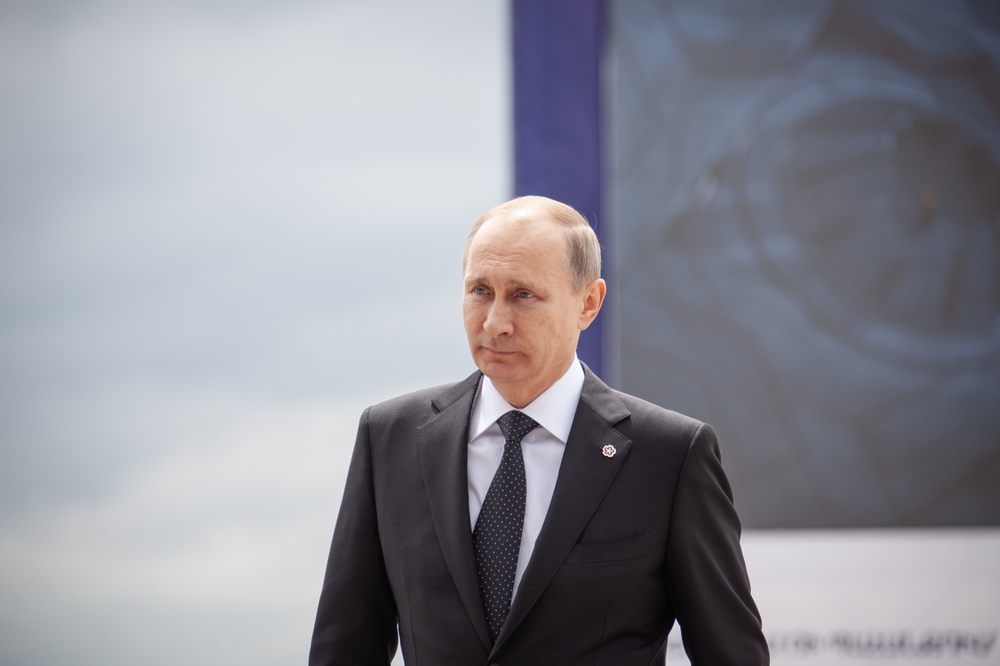
The Lion of Cameroon: Paul Biya
In Cameroon, Paul Biya’s tenure is a testament to political longevity. Since 1982, Biya has navigated the complex landscape of Cameroonian politics to remain at the helm, making him one of the longest-serving non-royal heads of state in the world. His leadership, marked by challenges including allegations of electoral manipulation and questions about governance, reflects the complexities of maintaining power across decades.
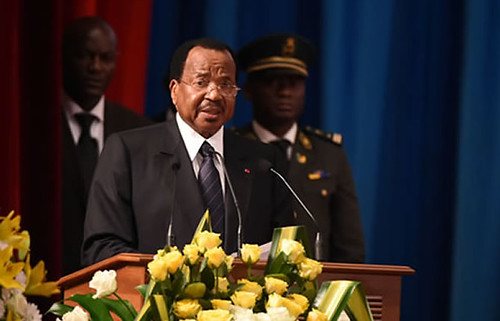
Equatorial Guinea’s Enduring Leader: Teodoro Obiang Nguema Mbasogo
Teodoro Obiang Nguema Mbasogo’s rule over Equatorial Guinea since 1979 showcases another instance of extraordinary political endurance. Coming to power through a coup, Obiang has maintained his position through a combination of political acumen and control over the nation’s substantial oil resources. His leadership, while credited with economic progress, has also faced intense scrutiny over human rights and governance issues.
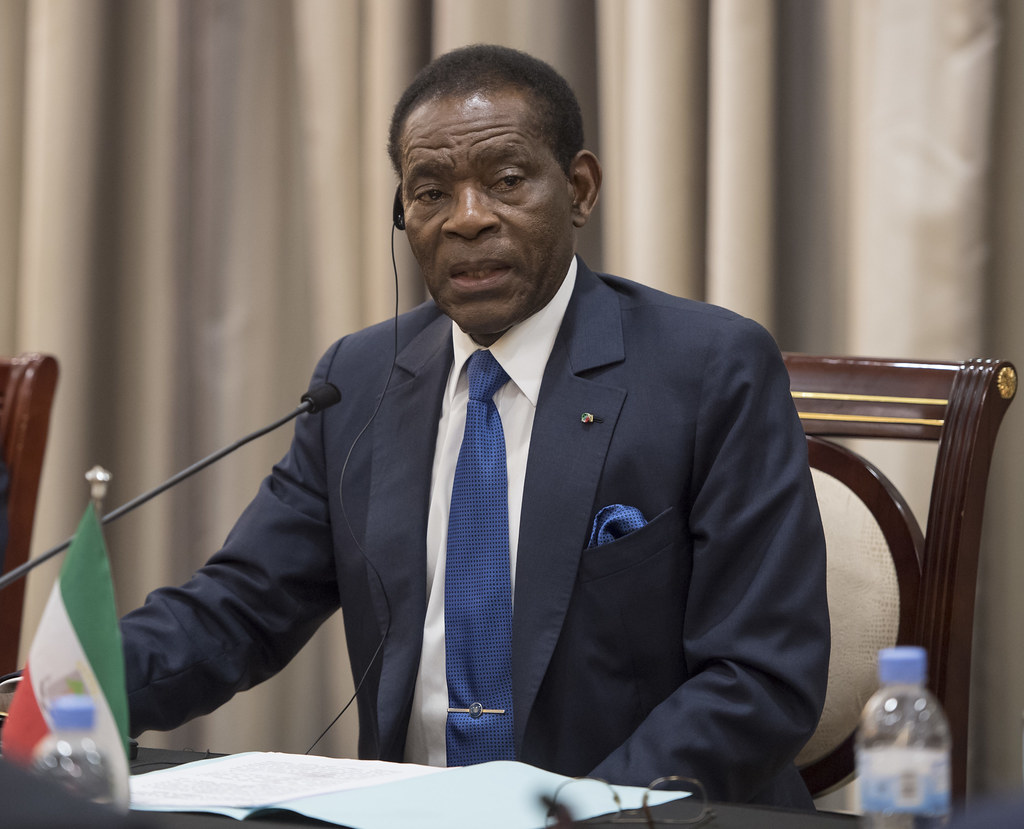
Yugoslavia’s Unifier: Josip Broz Tito
Josip Broz Tito’s leadership of Yugoslavia remains a remarkable example of long-term governance, spanning over three decades until his death in 1980. Tito’s tenure was noted for its unique brand of socialism, which allowed Yugoslavia a degree of independence from the Soviet Union. His leadership managed to keep the diverse federation of Yugoslav states united, delaying ethnic tensions that would later emerge.
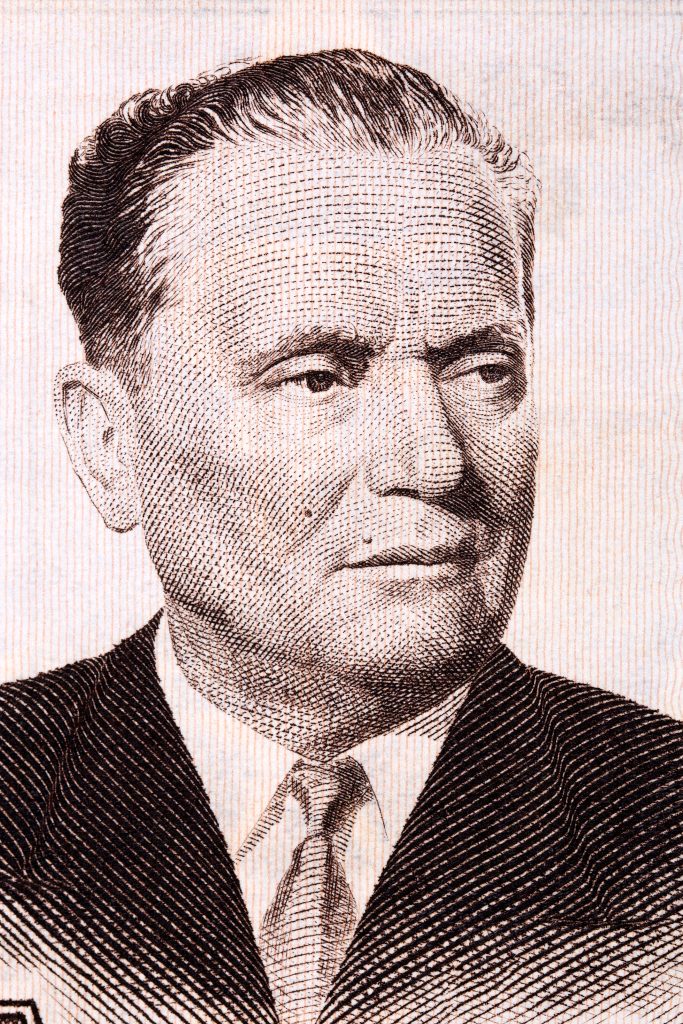
Singapore’s Founding Father: Lee Kuan Yew
Lee Kuan Yew’s transformation of Singapore from a fledgling nation-state to a global financial hub is a testament to his vision and leadership over three decades. Lee’s governance model, while criticized for its stringent controls, is often lauded for its efficiency and effectiveness in promoting economic development and national cohesion.
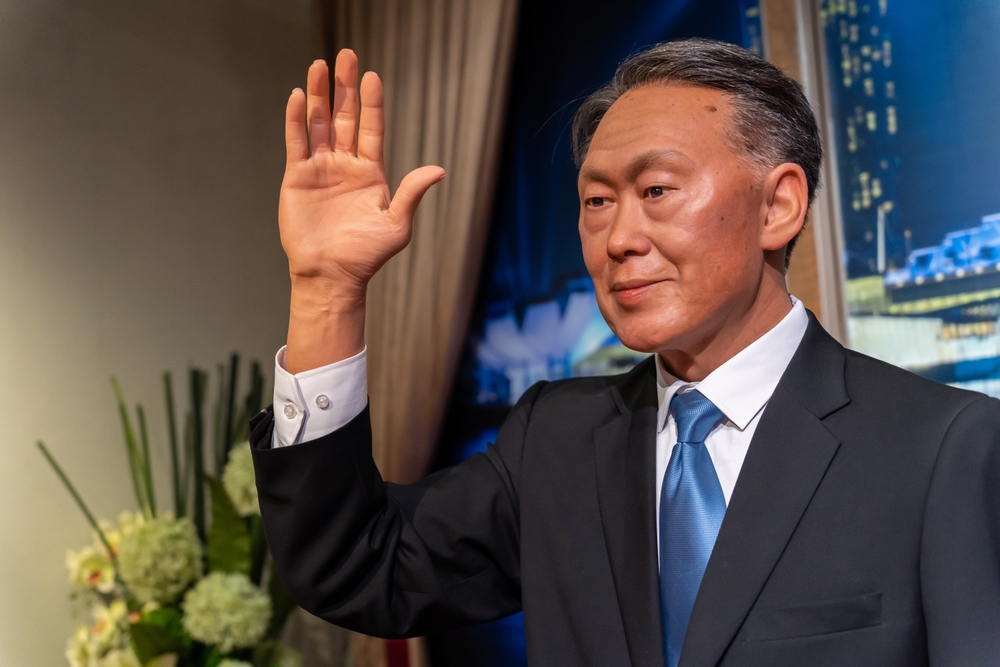
Zimbabwe’s Complex Legacy: Robert Mugabe
Robert Mugabe’s 37-year rule over Zimbabwe is a tale of liberation, power, and controversy. Initially hailed as a hero of Zimbabwe’s struggle for independence, Mugabe’s tenure became marred by economic collapse and political repression, reflecting the challenging balance between revolutionary leadership and governance.
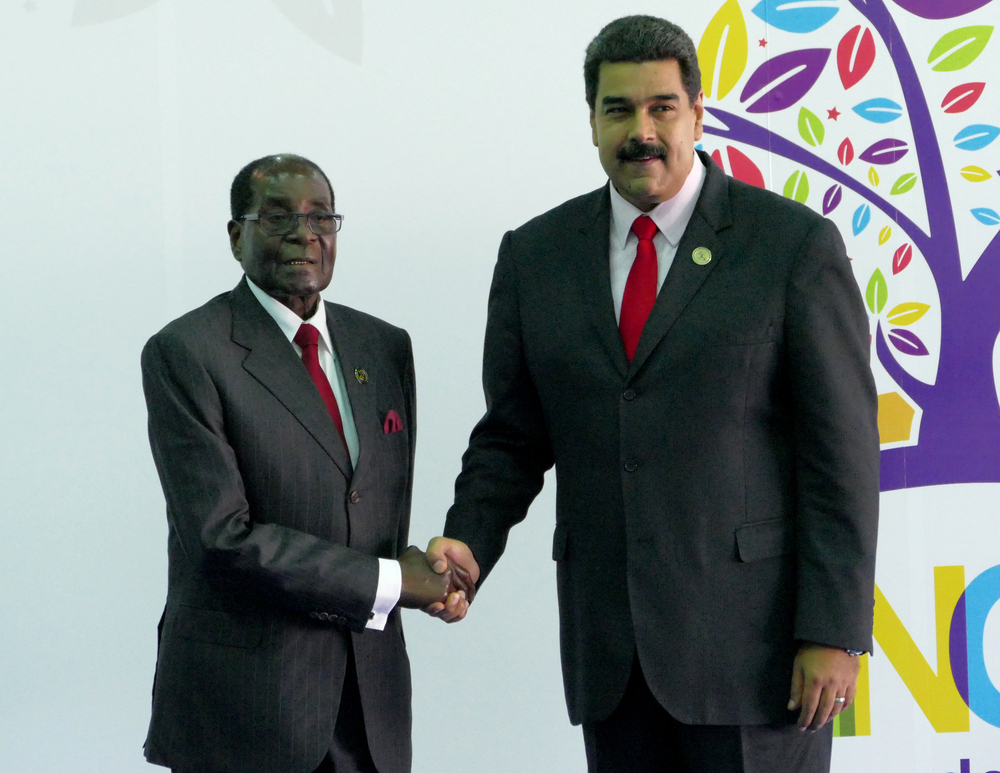
The Libyan Enigma: Muammar Gaddafi
Muammar Gaddafi’s 42-year rule over Libya was one of the 20th century’s most colorful and controversial. Gaddafi’s Libya, with its unique political system and wealth distribution models, played a significant role in regional politics. His leadership, ending in the Arab Spring uprisings, highlights the volatility of prolonged rule.
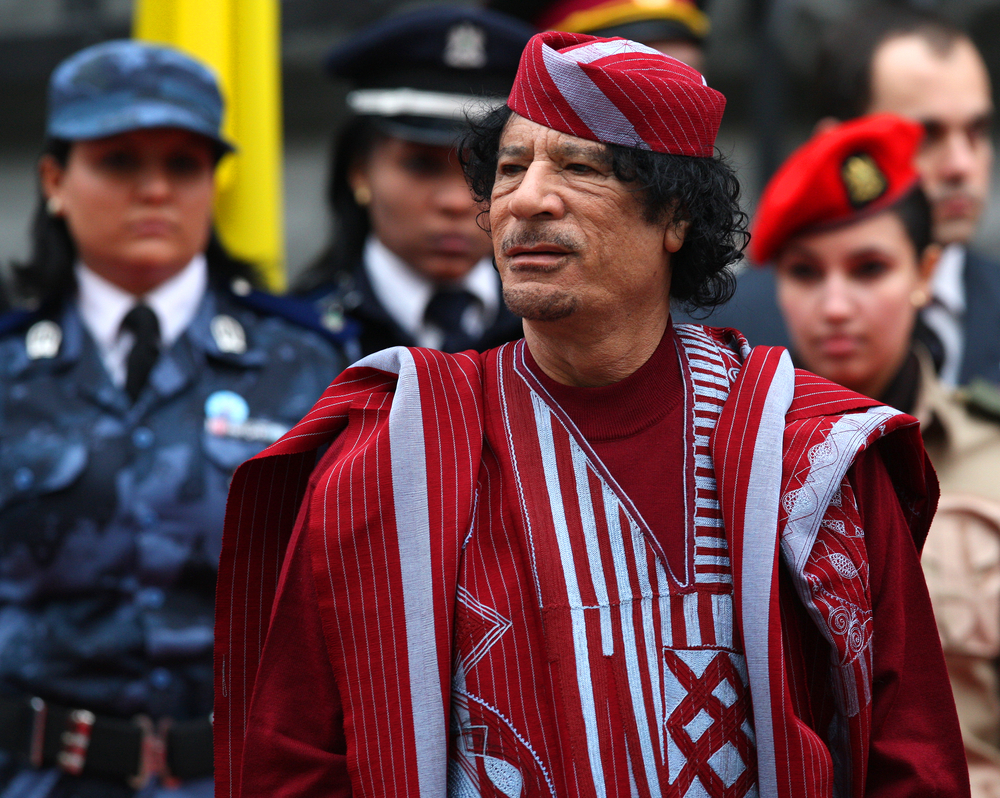
The Continuity of the Kim Dynasty in North Korea
North Korea’s Kim dynasty, with Kim Il-sung, Kim Jong-il, and Kim Jong-un, presents a unique case of familial political longevity. The dynasty’s governance, marked by its isolationist policies and nuclear ambitions, underscores the complexities of dynastic leadership in the modern era.
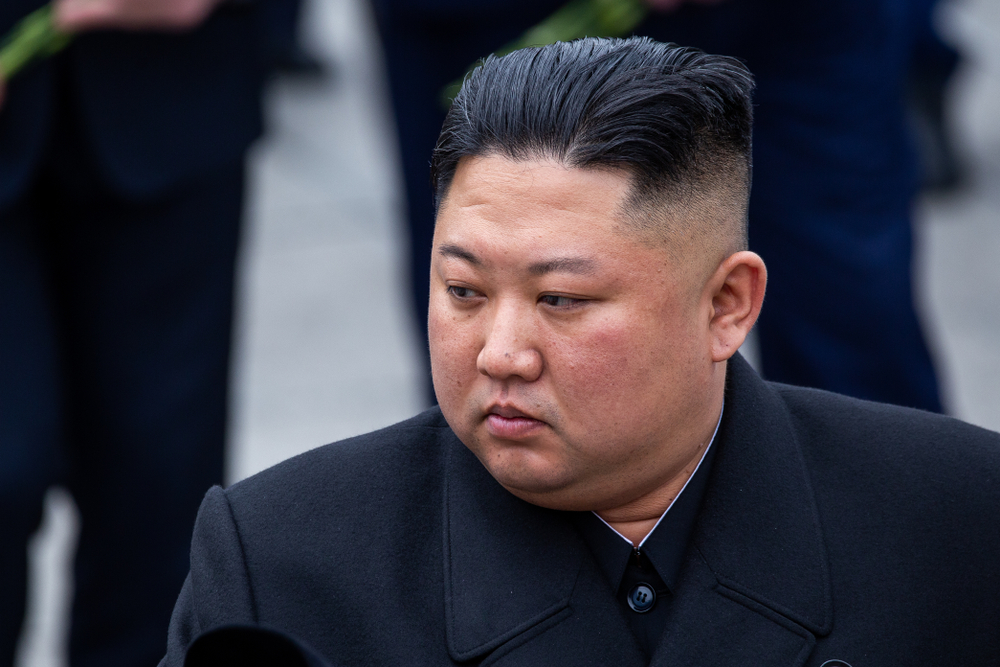
Reflections on Longevity in Power
The tenure of these leaders illuminates the multifaceted nature of political longevity. While some have transformed their nations for the better, others have faced criticism for governance issues and human rights abuses. The enduring presence of these leaders raises questions about the balance between stability and change.


